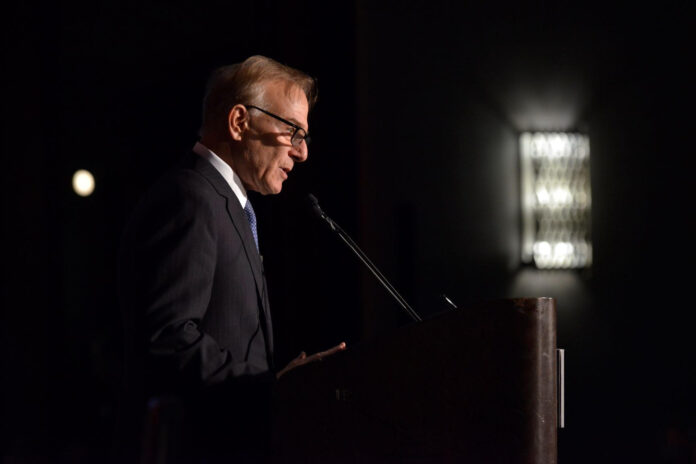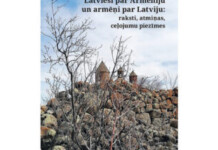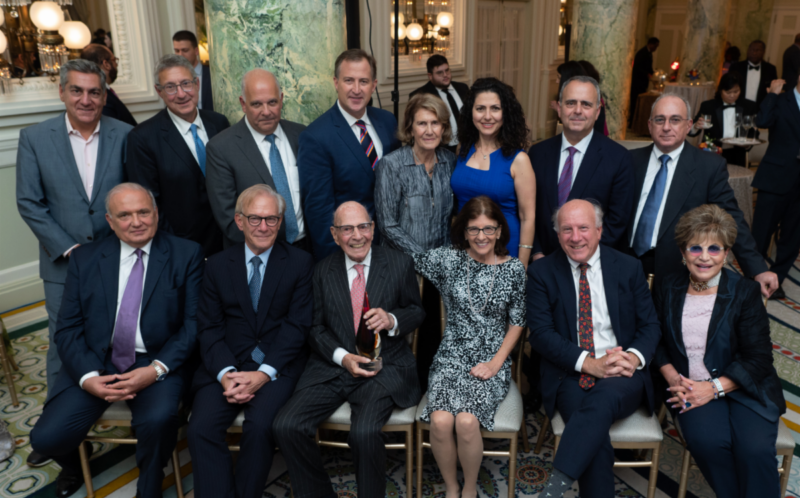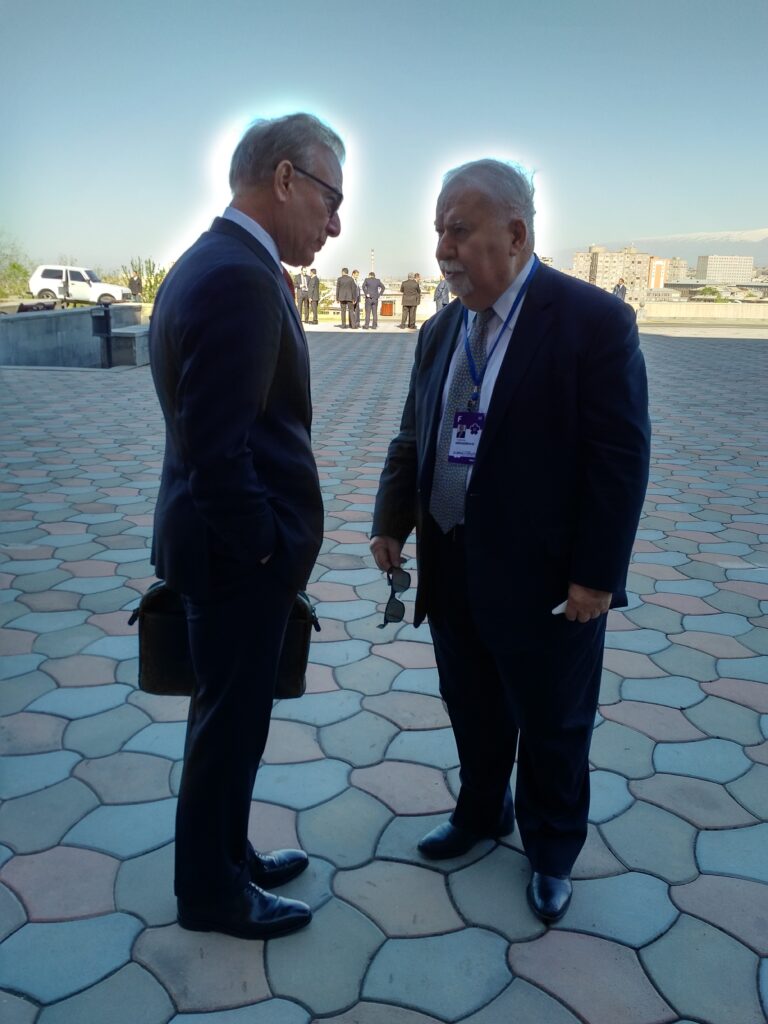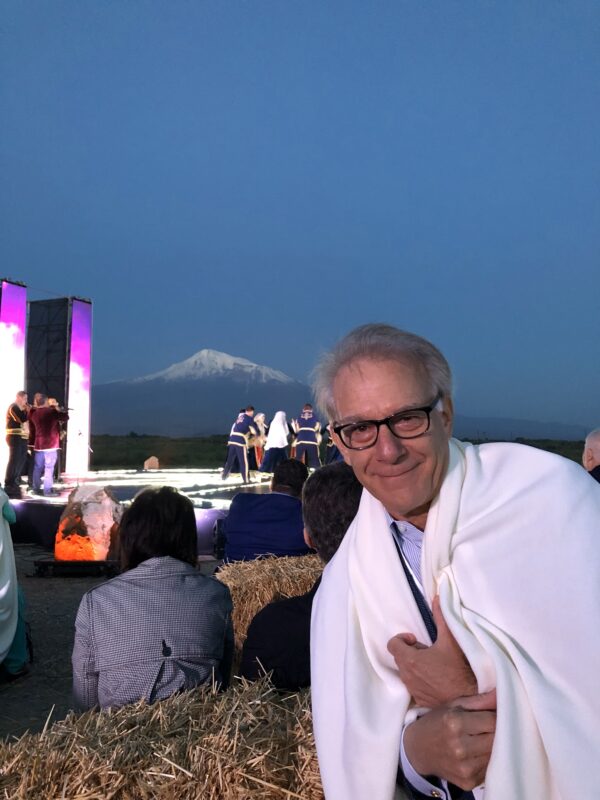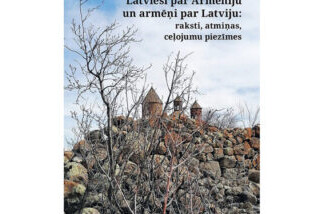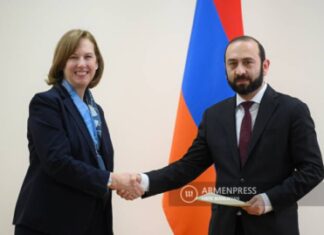WATERTOWN — David Reynolds Ignatius is one of the best known journalists writing on foreign affairs in the United States. Called “one of the wise men of Washington” by a New York Times columnist, the 73-year-old Ignatius remains at the pinnacle of his long and eminent journalistic career and has also been quite suDccessful in a parallel career as a prolific novelist who primarily writes on espionage. His 2007 novel Body of Lies was made the following year into a film directed by Ridley Scott and starring Leonardo DiCaprio and Russell Crowe. His syndicated column for the Washington Post appears twice a week in scores of newspapers around the world and Ignatius is known for his access to well-informed insider sources.
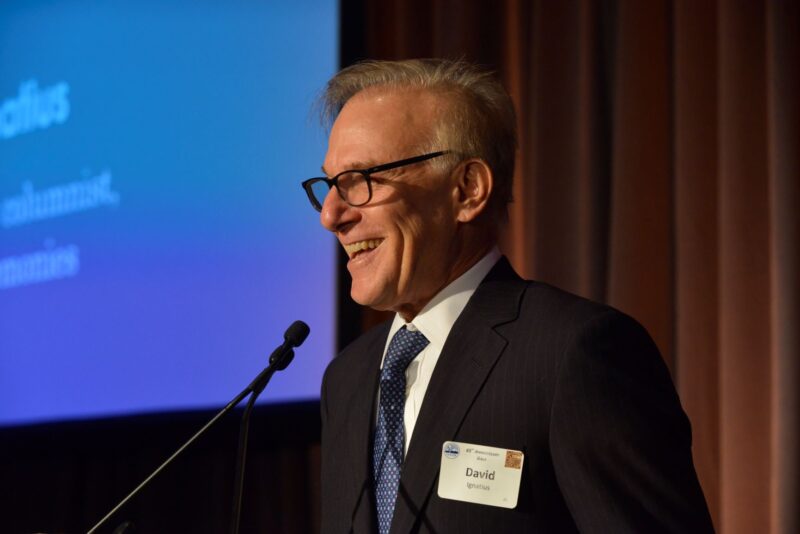
Covering Foreign Affairs
In an interview last week, Ignatius said that in effect, his opinion column is usually just reporting about foreign affairs. He declared, “The paradox for me is that I am an opinion columnist, but I don’t often have strong opinions. I am much more driven by reporting. What I like to do in every column is to tell you something that you don’t know…relevant to what is going on.” He gave the example of a recent column on the Gaza fighting: “I just got fascinated by tunnel warfare, a very exotic sphere of warfare that turns out to have all kinds of specialists, weapons and lore….I ended up writing a column that tells you more than you would have ever dreamed you’d want to know about tunnel warfare.”
He said that he tries to present US foreign policy based on the best sources he has, and sometimes does not reveal their names. He said, “I trust that my readers will assume that if I am writing it, it is true, and they will assume that if I am saying it is the top level of the Pentagon or NSC [National Security Council], that I have a reason for saying that…I try never to write something that I am not confident is accurate.”
Having access at the highest circles of power and government can also create some challenges, which Ignatius realizes. He said, “You do have regular contact with the most powerful people in the country, and it is heady. They turn to you and they want you to give a speech and moderate a program, and, hey, how are you, David. It is too congenial. It is a struggle to remind yourself that in terms of your readers you should be an outsider, not an insider. It is a constant struggle and I am not sure that I always do it well. I recognize that.”
It also can narrow your point of view. Ignatius explained, “I think the hardest thing for a columnist like me, who is trying to write an inside informed account of what is going on, is the danger of writing for your sources. By that I don’t just mean that I am trying to keep them happy …It is that you are writing about the particular issues, sometimes narrow ones, that they are thinking about and not standing back and thinking about the issues that the country as a whole is thinking about.”



